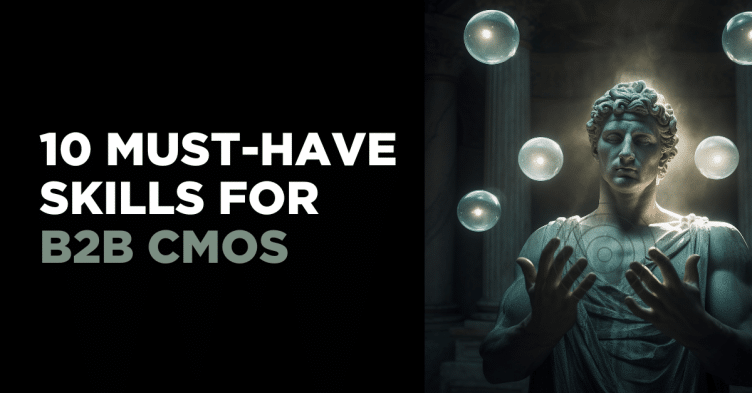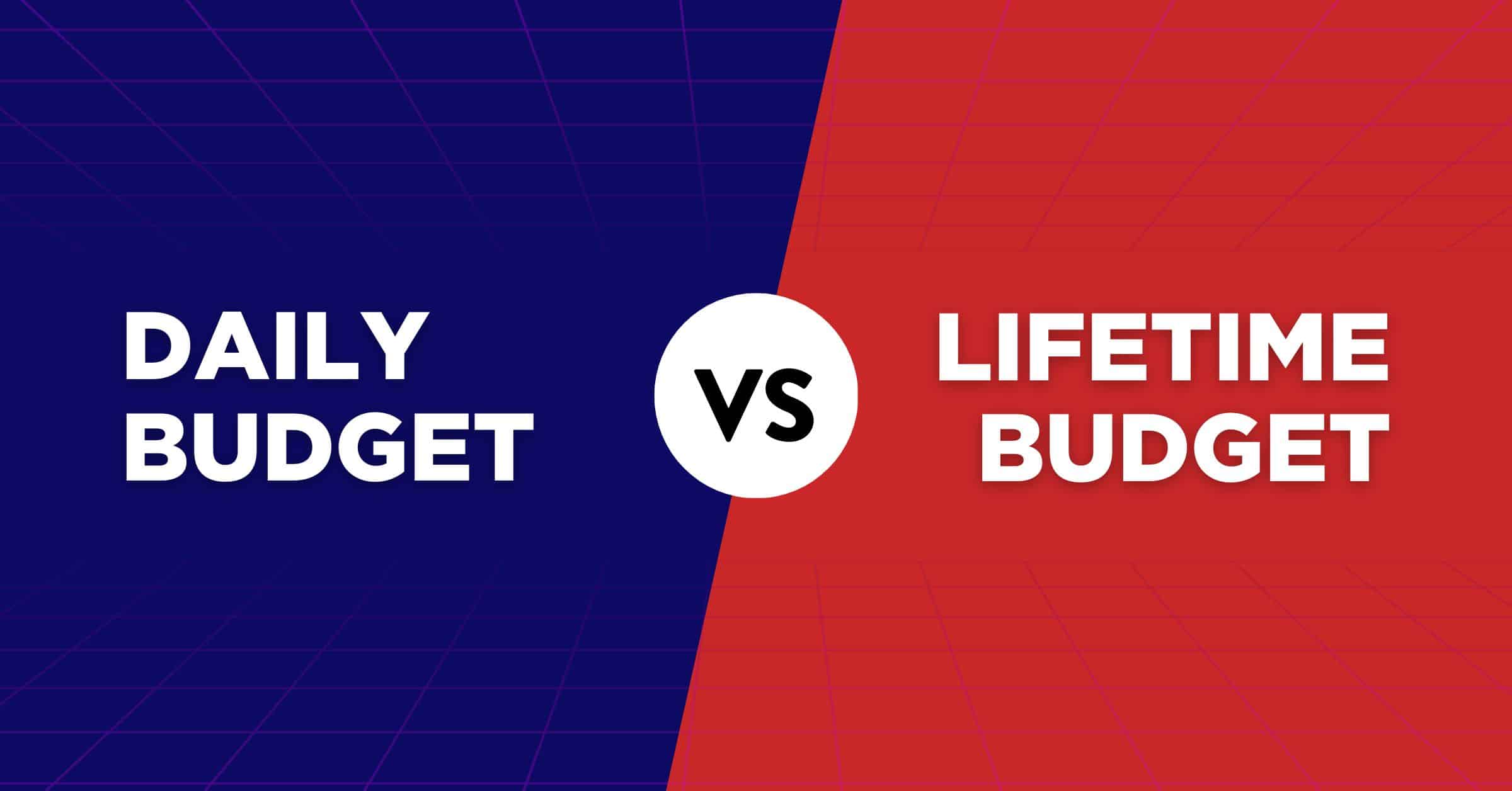As the business world becomes increasingly digital, the role of the Chief Marketing Officer (CMO) has become crucial.
In the B2B sector specifically, CMOs are tasked with not only driving sales and revenue, but also building and maintaining relationships with key stakeholders.
In order to be successful in this role, there are certain must-have skills that CMOs must possess.
1) Strategic Thinking:
CMOs must be able to think strategically about the direction of the company and how marketing can support overall business goals. For example, a CMO at a B2B technology company may identify their target market as small and medium-sized businesses in the healthcare industry. They may then create a marketing plan to target these businesses through targeted social media campaigns and attending industry conferences. To measure the effectiveness of these campaigns, they may track metrics such as website traffic, lead generation, and conversion rates.
2) Data Analysis:
With the abundance of data available, CMOs must be able to analyze and interpret data to make informed decisions. For example, a CMO may use data analysis to understand the lifetime value of their customers and identify which customer segments have the highest potential for revenue growth. They may also use web analytics to track the success of specific campaigns and adjust their strategy accordingly.
3) Digital Marketing Expertise:
As the world becomes more digital, CMOs must have a strong understanding of digital marketing channels such as social media, email marketing, and search engine optimization. For example, a CMO may use social media advertising to target specific industries and job titles, using LinkedIn or Twitter. They may also use email marketing to nurture leads and track their progress through the sales funnel. Additionally, they may use SEO techniques to improve the visibility of their company website on search engines.
4) Storytelling:
One of the most important skills for CMOs is the ability to tell a compelling story about the company and its products or services. For example, a CMO may craft a narrative about how their company’s software solution has helped other businesses in the same industry to streamline their operations and improve efficiency. This type of storytelling can help to differentiate the company from its competitors and create a strong emotional connection with potential customers.
5) Leadership:
CMOs must be able to lead and manage a team of marketing professionals. For example, a CMO may delegate tasks to their team members and provide guidance and mentorship to help them develop their skills. They may also hold team members accountable for their work and set clear goals and expectations for their performance.
6) Adaptability:
The business world is constantly changing, and CMOs must be able to adapt to new technologies, market trends, and customer needs. For example, a CMO may experiment with virtual reality as a new marketing channel, or use AI-powered chatbots to improve customer service. They may also continuously learn about new marketing strategies and technologies to stay ahead of the curve.
7) Strong Communication Skills:
As a CMO, you will be communicating with a wide range of stakeholders, including customers, employees, and senior management. Strong communication skills are essential for building relationships, making persuasive arguments, and effectively communicating company strategy. For example, a CMO may use persuasive language to secure funding for a new marketing campaign, or use clear and concise language to communicate progress updates to senior management.
8) Technical Skills:
Even if you are not a technical expert, it’s essential for CMOs to have a basic understanding of technology and how it can be used to support marketing efforts. For example, a CMO may use marketing automation tools to automate repetitive tasks, such as sending follow-up emails to leads. They may also use web analytics to track website traffic and user behavior. Additionally, they may use CRM systems to manage and segment customer data.
9) Networking:
Building relationships with other industry leaders and influencers is an important part of the CMO role. For example, a CMO may attend industry conferences and networking events to build relationships with other marketing professionals and stay informed about industry trends. They may also use social media to connect with influencers in their industry and leverage those relationships to gain visibility for their company and its products or services.
10) Creativity:
As a CMO, you will be responsible for coming up with new and innovative ideas to promote the company. For example, a CMO may come up with a unique and creative campaign that uses a combination of social media, virtual reality, and influencer marketing to reach a younger target audience. They may also think outside the box and come up with new ways to differentiate their company from competitors, such as developing a new brand identity or creating a unique value proposition.







